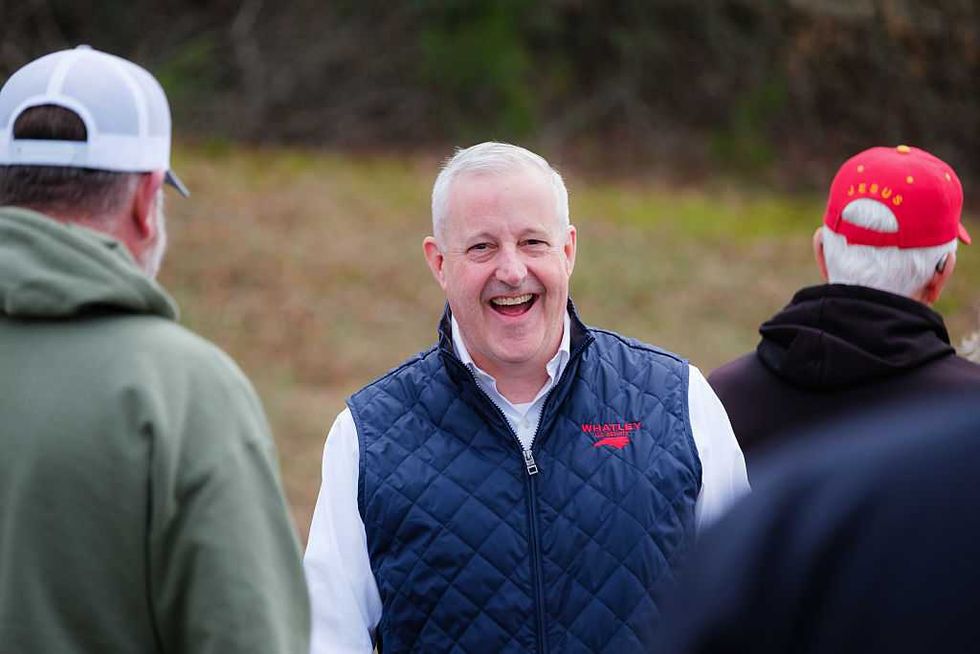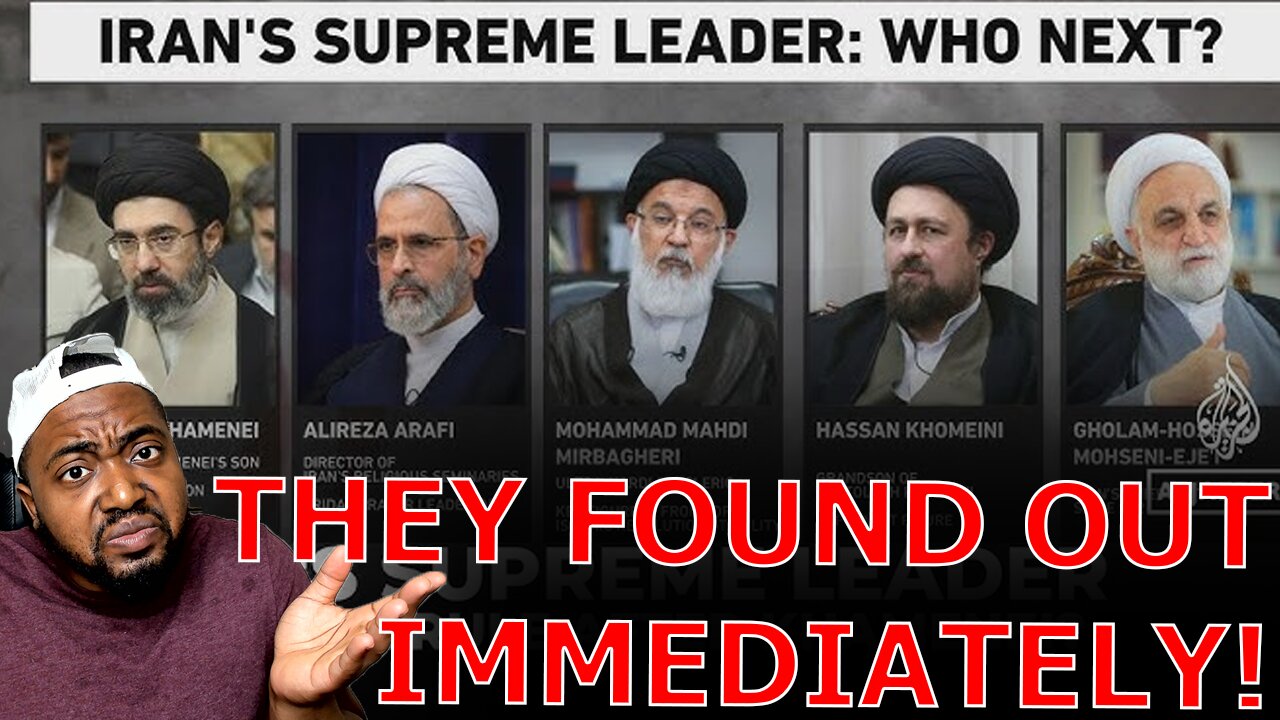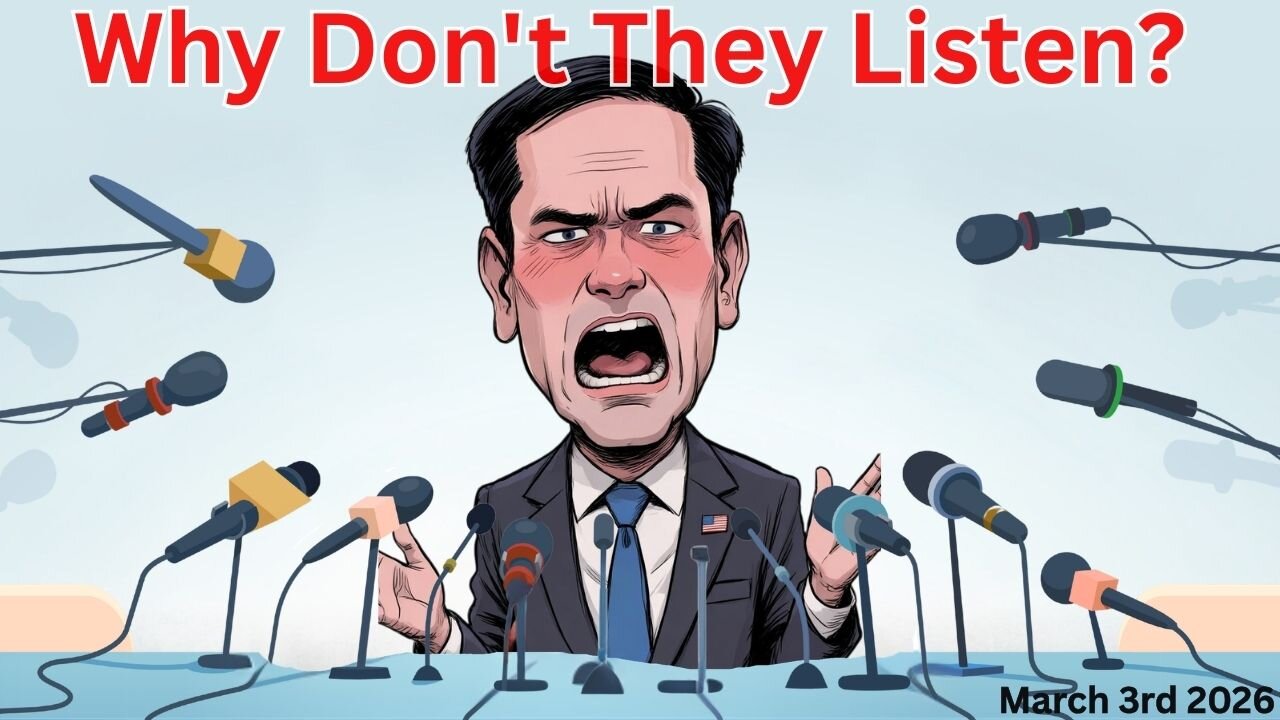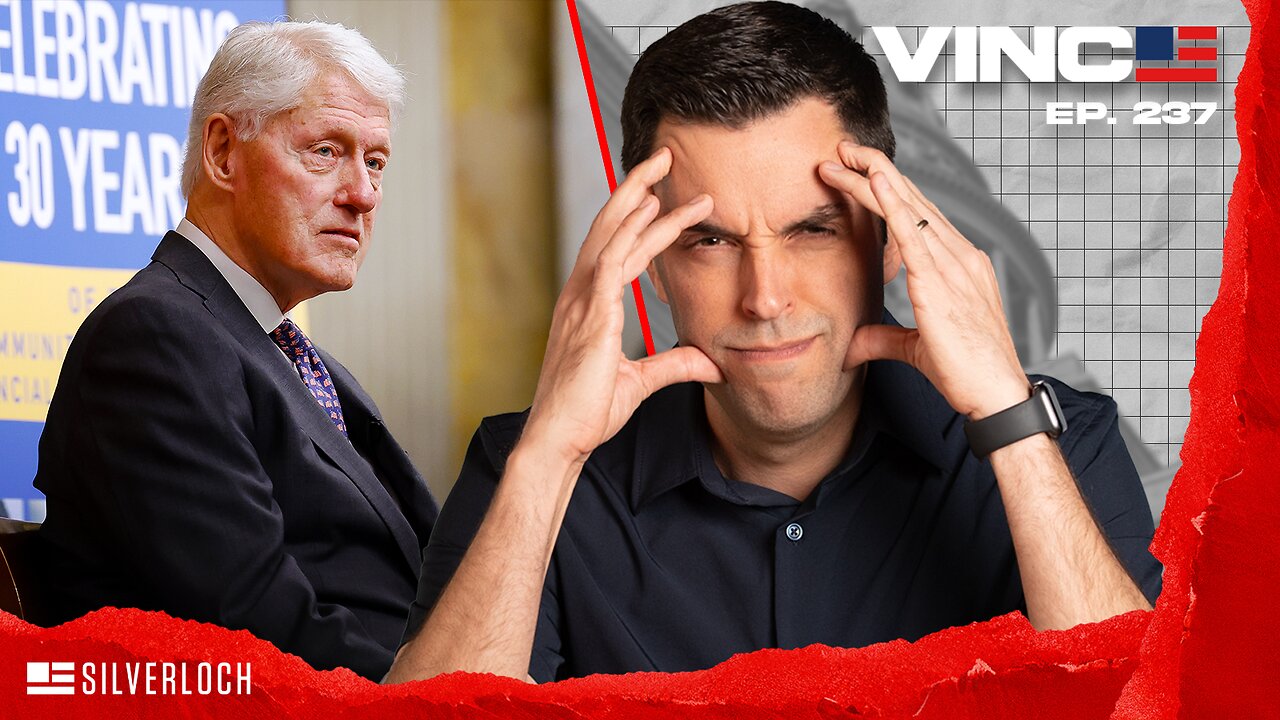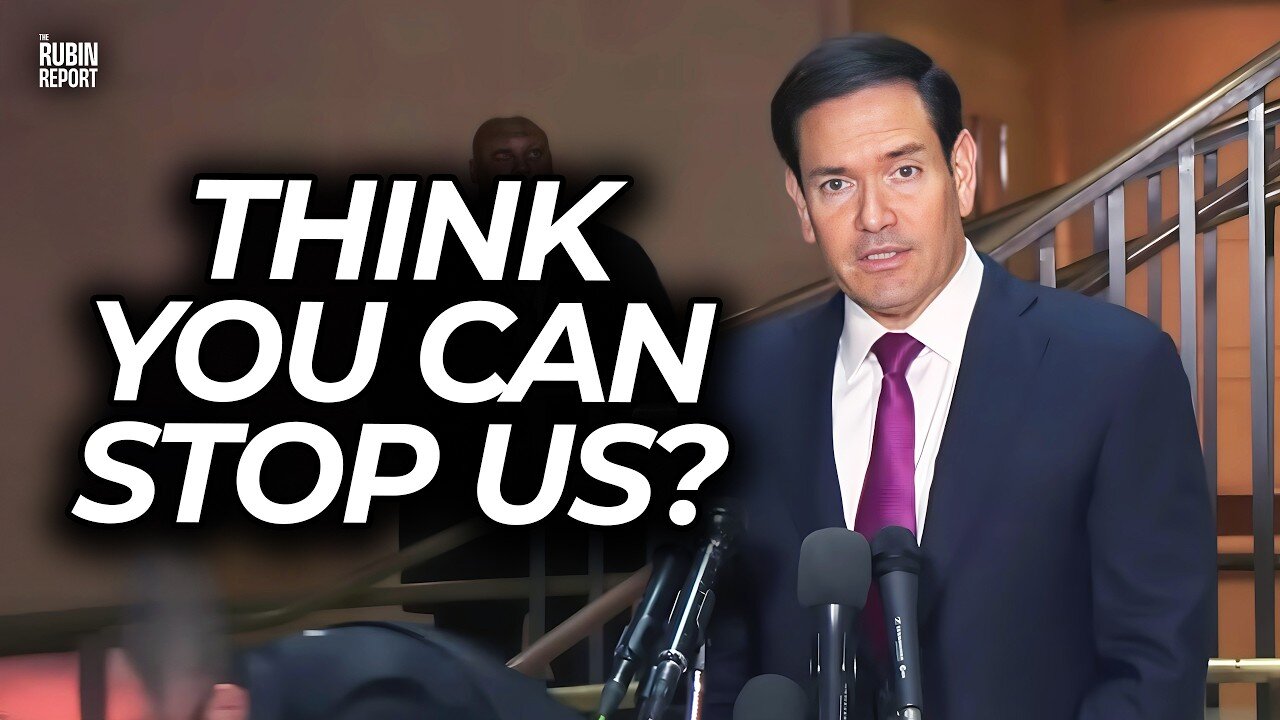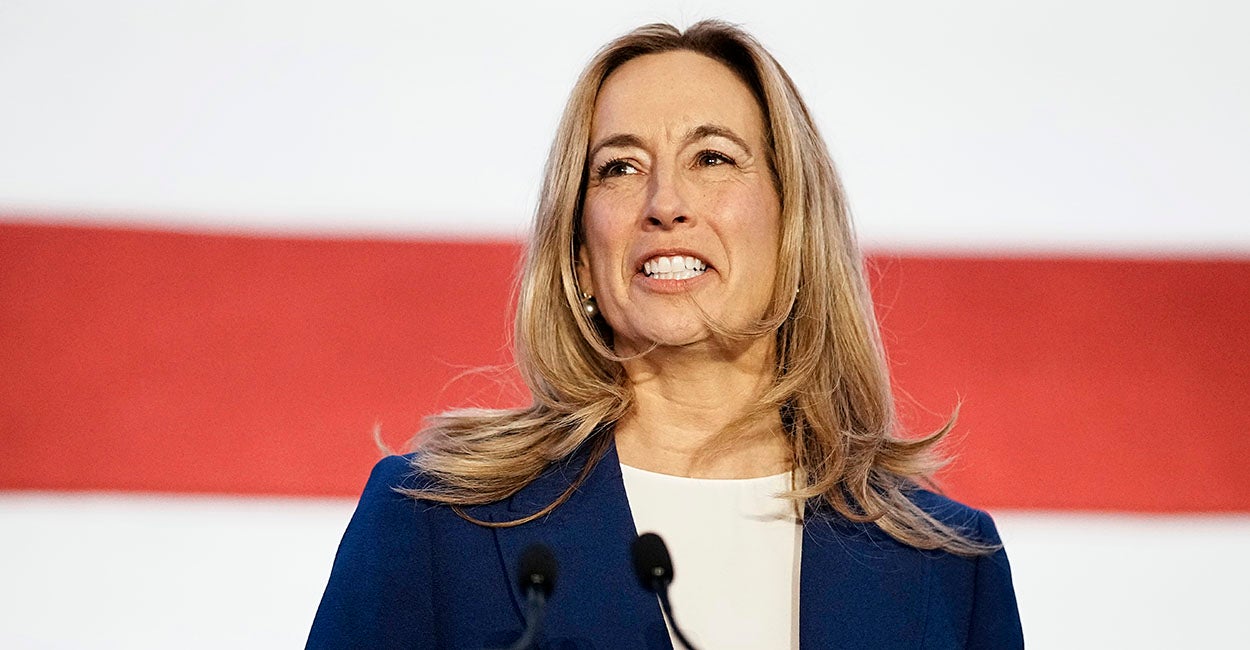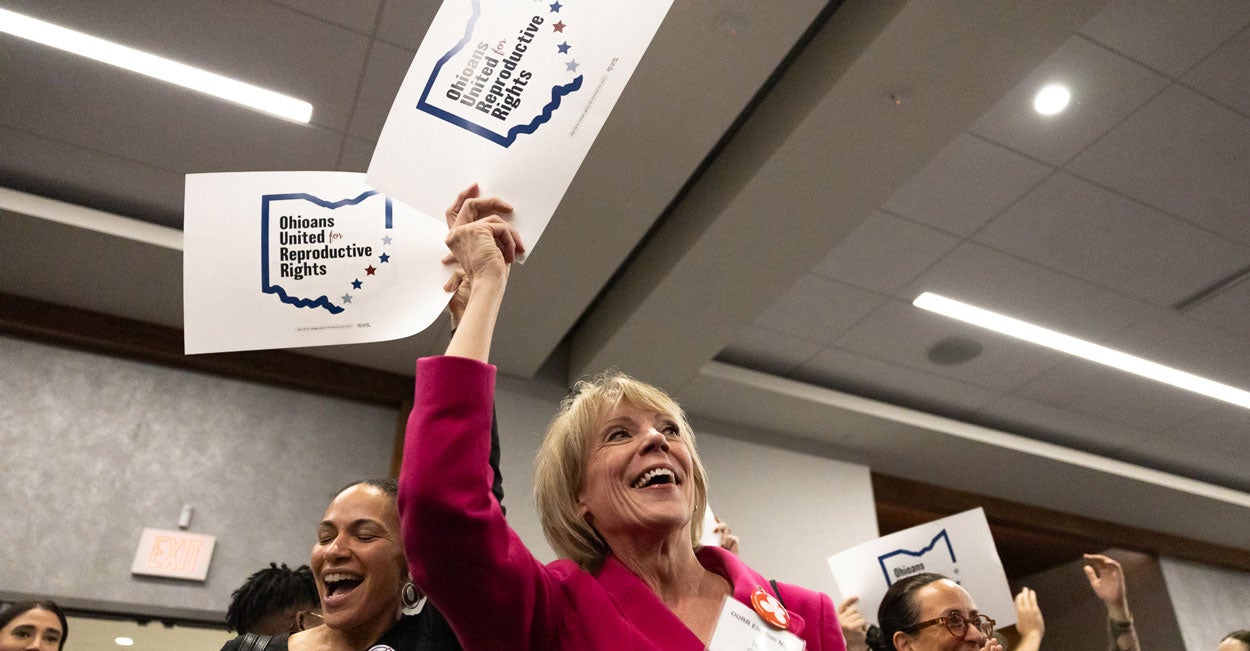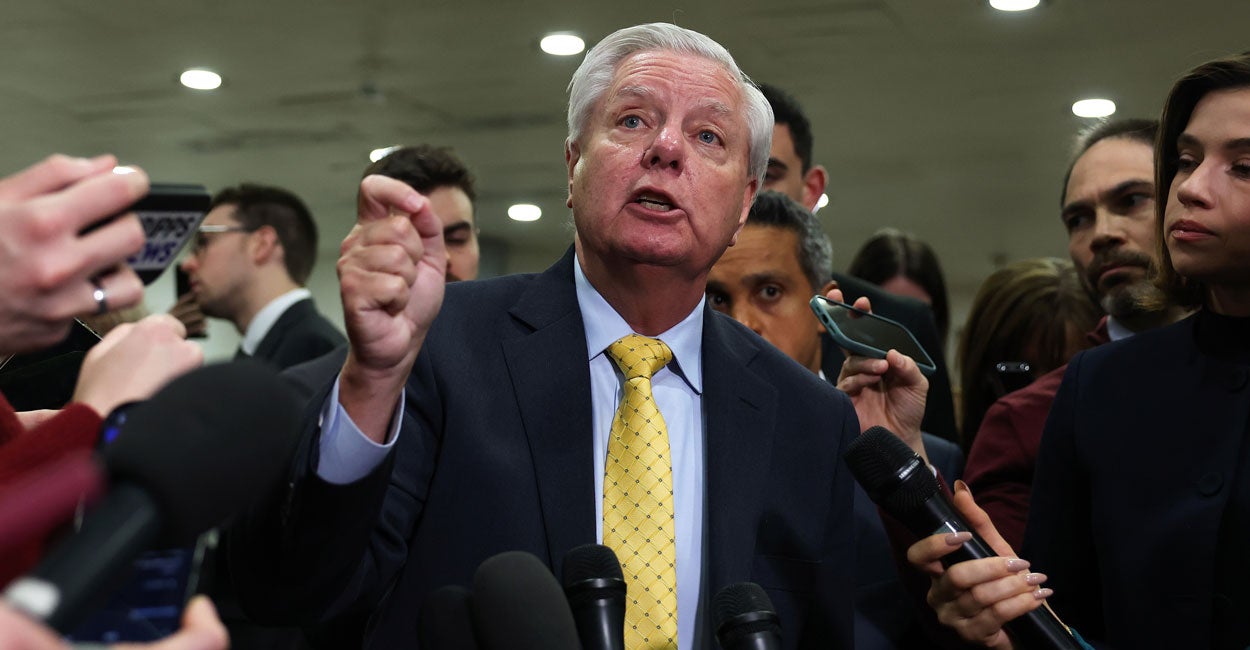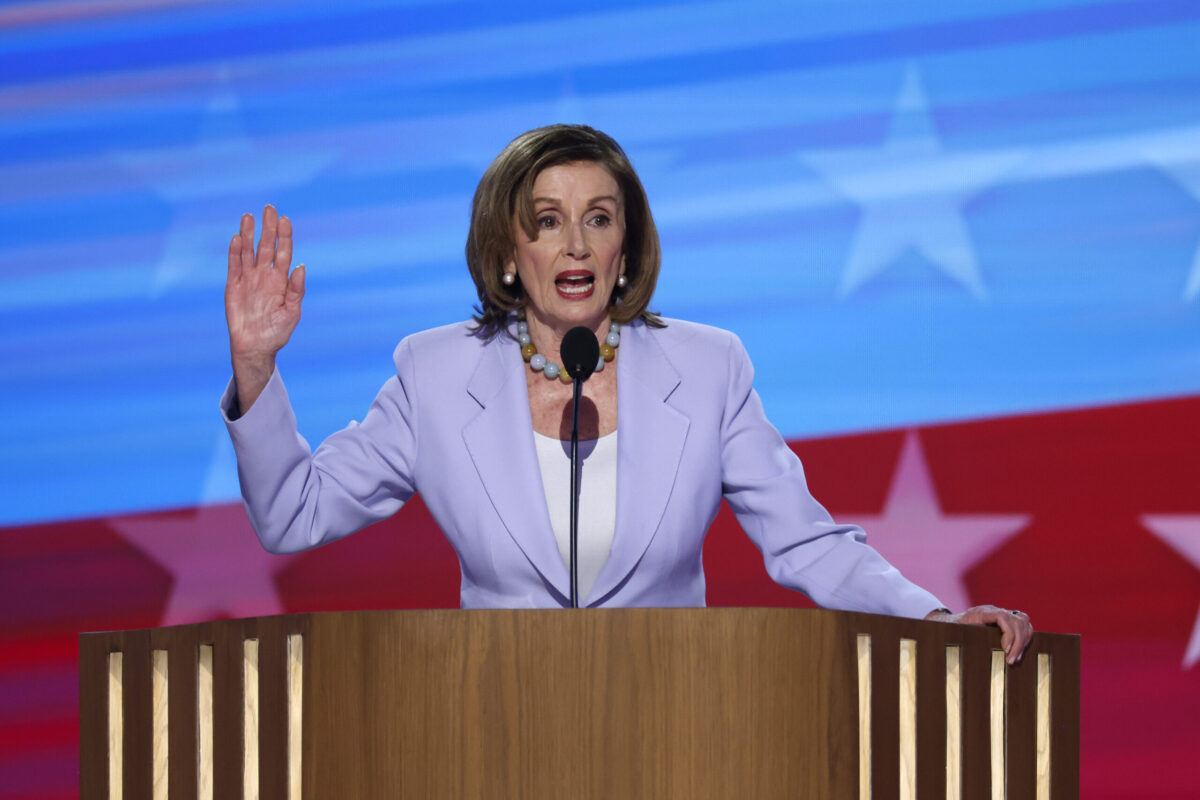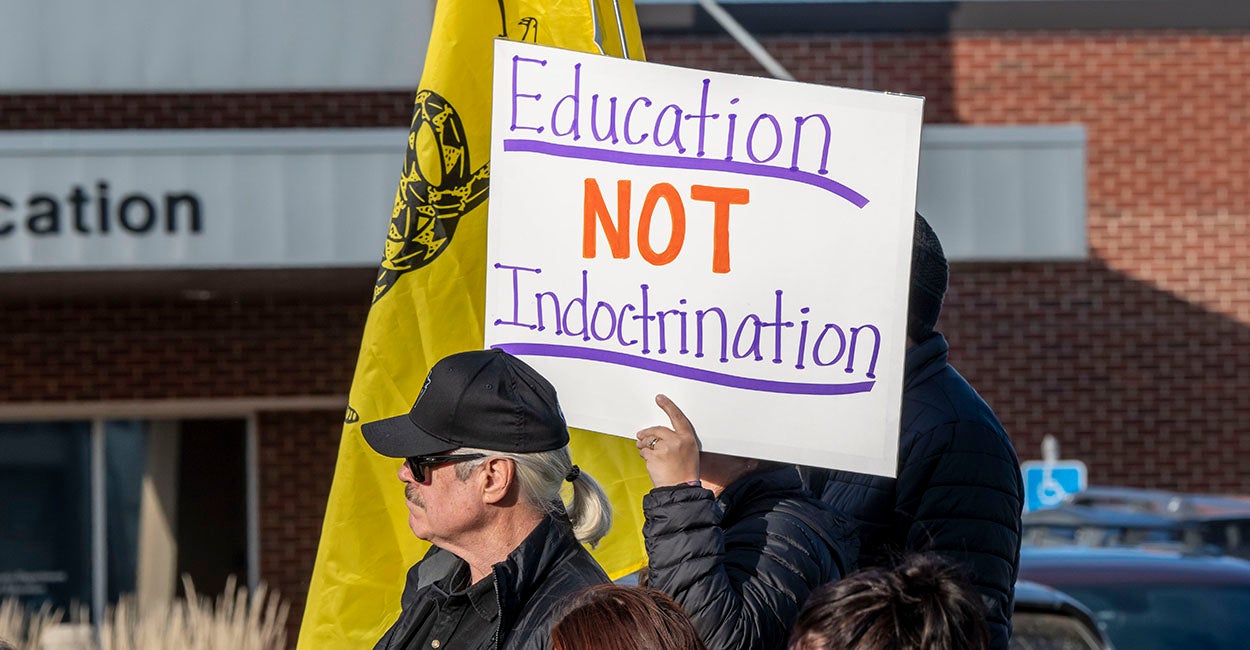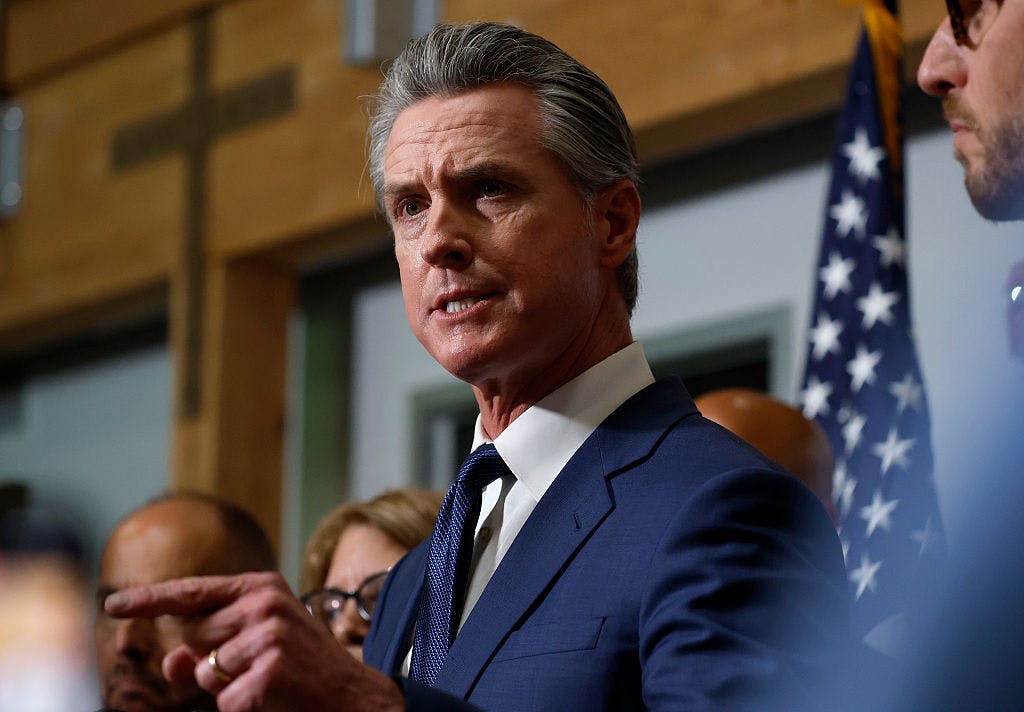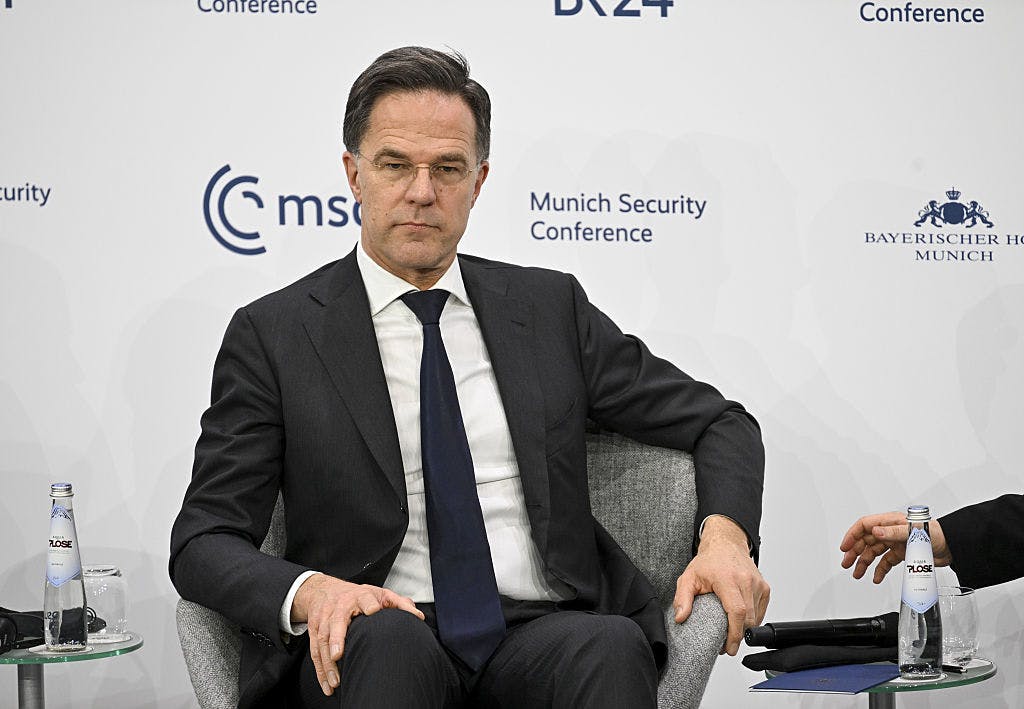Lions Of The Faith: The Legacies Of John MacArthur And James Dobson

This summer marked the end of an era in American Christianity. Within weeks of each other, pastor John MacArthur and psychologist James Dobson, two of the most influential evangelical leaders of the past half-century, passed away. MacArthur died on July 14 at the age of 86, followed by his friend Dobson on August 21 at 89. Their distinct but complementary approaches to faith and culture reshaped churches, families, and politics in profound ways.
Live Your Best Retirement
Fun • Funds • Fitness • Freedom
Both men launched their ministries into the national spotlight in 1977, debuting radio programs at a time when evangelical broadcasting was entering a golden age. MacArthur’s verse-by-verse exposition of Scripture with “Grace to You” and Dobson’s biblical counsel on marriage and parenting with “Focus on the Family” would eventually reach tens of millions of households across the globe.
Troy Miller, president of the National Religious Broadcasters, told The Daily Wire that both men not only mastered radio but also foresaw the digital transition. “They were pioneers in adopting MP3s, moving into podcasts, and building digital platforms,” Miller said. “Grace to You and Focus on the Family became models for how to keep Christian teaching at the center of new technologies. And part of the legacy that these two men are going to leave was their insistence on being quality communicators, whatever the medium. Both of them worked very hard at their communication skills, whether it be preaching, speaking at conferences, or on the radio. They set the bar.”
Two Vocations, One Foundation
Although their ministries often intersected, MacArthur and Dobson took distinct paths to engaging culture. While the two men held the same positions on life, marriage, and sexuality, MacArthur avoided joining political coalitions, famously declining to sign the Manhattan Declaration, a 2009 statement that affirmed the sanctity of life and traditional marriage, because of his doctrinal differences with some of the statement’s authors.
Dobson, in contrast, leaned into politics. Not only was he one of the Manhattan Declaration’s most prominent signatories, in 1995, he also founded the Family Research Council, a Washington-based policy group that quickly became a central voice in the religious right.
Miller said the difference came down to vocation, not conviction. “John MacArthur understood he was a pastor,” he said. “That was his primary calling in life. And as a shepherd, his deepest desire was for people to understand the Word of God better. His expository preaching and teaching, his commentaries, his books were all meant to bring people closer to God. Dr. Dobson understood he was a psychologist. So he was concerned about culture and where culture was headed as a psychologist. They took these two different approaches, but behind both of them was a biblical foundation.”
Grace to You executive director Phil Johnson, who worked closely with MacArthur for more than 40 years, echoed that assessment. “John was always clear that he wasn’t opposed to political involvement by Christians and that there are Christians who are called to all sorts of vocations, including politics.”
Dobson used his political vocation to tremendous effect.
Political science professor Hunter Baker, who first met Dobson while working as a religious liberty lobbyist, pointed out that by the late 1990s, the radio host had begun to eclipse the influence of the Moral Majority’s Jerry Falwell and the Christian Coalition’s Pat Robertson, in part, due to his academic credentials.
“Robertson and Falwell were essentially televangelists, and they had their influence. But then comes James Dobson. And a lot of people don’t remember this, but Dobson had an appointment at the USC Medical School as a child psychologist. He was there for 14 years in a very prestigious sort of position.” That credibility allowed Dobson to gain a hearing with audiences that would be less likely to tune into Robertson’s 700 Club or Falwell’s Old-Time Gospel Hour.
After he grew Focus on the Family into a cultural juggernaut, his mobilization of his Christian listeners helped secure the Republican Party’s transformation into a staunchly pro-life party.
“People want to think the Republican Party has always been this great pro-life party,” Baker said, “but Ronald Reagan was really the first one to decisively move in that direction. Yet his advisors were constantly wanting him to take pro-life rhetoric out of his speeches. And so that’s the Republican Party that Dobson was dealing with in the 90s. And in the late 1990s, Dobson, in his frustration, said, ‘I’m going to leave this party and I’m going to take as many people with me as I can.’ That was a threat that could not be ignored.”
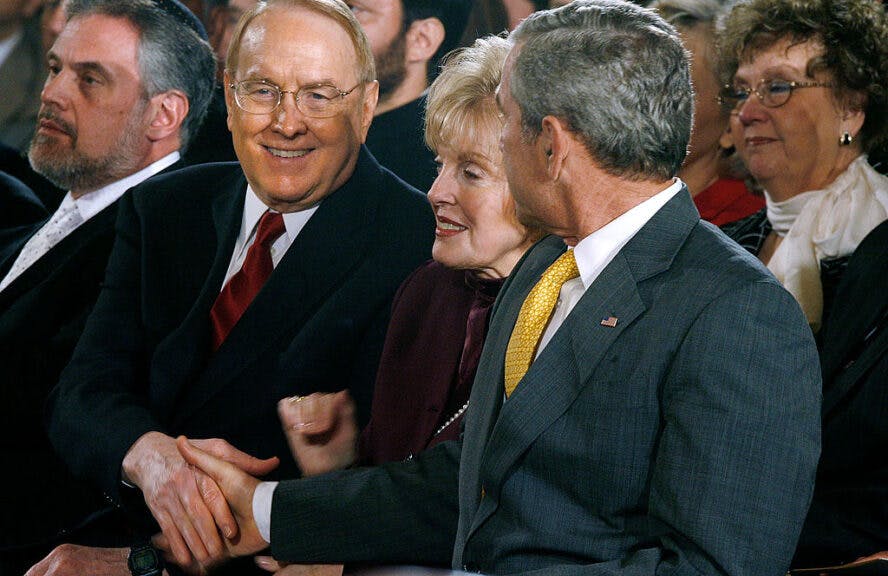
Chip Somodevilla/Getty Images
After Dobson took his stand, Baker said, the GOP was forced to commit to the sanctity of life as a key issue. “I would argue that was really decisive. In 2008, even though he was the tremendously popular former mayor of New York City and viewed as a hero of 9/11, Rudy Giuliani got nowhere in that Republican primary process. Why? Because he would not become pro-life in order to run. Then, in 2012, Mitt Romney, who had previously been pro-choice, ran as a pro-life Republican. And I really put all of that at the feet of James Dobson more than anybody else.”
In 2016, Dobson would endorse Donald Trump at a time when few Christian leaders were willing to, helping to shore up Trump’s evangelical support that was vital to winning the election.
Standing Firm in Cultural Storms
Though MacArthur resisted joining formal political movements, when politics encroached on the church, he, too, did not hesitate to take a stand.
In 2018, when social justice and critical theory were infiltrating churches and ministries, MacArthur, just as he’d done when he publicly opposed segregation in the 1960s, spoke out. At the time, many nationally known pastors were promoting Black Lives Matter and its mission. MacArthur, in contrast, joined a statement against the Marxist ideology the movement is based on, explicitly rejecting “any teaching that encourages racial groups to view themselves as privileged oppressors or entitled victims of oppression.”

Courtesy John MacArthur
During the COVID-19 pandemic, he openly defied California’s restrictions on in-person worship, telling his congregation, “Whatever this virus is, it does not overpower First Amendment rights.” One of his final public acts came in 2022 when he sent a scathing letter to Governor Gavin Newsom addressing his use of Scripture to promote abortion:
[Y]ou revealed to the entire nation how thoroughly rebellious against God you are when you sponsored billboards across America promoting the slaughter of children, whom He creates in the womb (Psalm 139:13–16; Isaiah 45:9–12). You further compounded the wickedness of that murderous campaign with a reprehensible act of gross blasphemy, quoting the very words of Jesus from Mark 12:31 as if you could somehow twist His meaning and arrogate His name in favor of butchering unborn infants. You used the name and the words of Christ to promote the credo of Molech (Leviticus 20:1–5). It would be hard to imagine a greater sacrilege… My concern, Governor Newsom, is that your own soul lies in grave, eternal peril.
Johnson said both stances were consistent with MacArthur’s lifelong approach. “He believed the church must keep its focus on the gospel. And the letter to Newsom is a classic example of that because though he’s addressing a political leader, like John the Baptist did, with a very strong … gospel appeal.”
Generational Impact
Perhaps the clearest measure of MacArthur and Dobson’s legacies lies in the generations they shaped.
MacArthur’s influence can be seen in pulpits across the country. Thousands of pastors trained at the school he founded, The Master’s Seminary, or influenced by his preaching, now carry forward his model of expository preaching. Johnson shared that in his hometown of Tulsa, he once struggled to identify churches that offered sound, biblical preaching. Today, he said, he can point to many who trace their roots to MacArthur’s ministry. “All of them are connected somehow to John MacArthur. And that’s just one city. I think the whole country has benefited from the men who’ve been sent out from Master’s Seminary and men who’ve been influenced by people who’ve been influenced by John MacArthur.”
Thirty-two-year-old Nashville pastor, Jonny Ardavanis, is one such man. He recalled MacArthur’s advice when asked how to “pick your battles.” MacArthur’s answer was simple: “I pick every battle where gospel clarity and biblical authority are at stake.” Ardavanis said that principle continues to guide his ministry, and he believes the many comparisons to Charles Spurgeon that poured out on social media at news of MacArthur’s death were apt.
“Spurgeon is known as the prince of preachers, and John MacArthur is known for championing the authority and the sufficiency and the inerrancy of God’s word. That’s one of the things that John MacArthur really pushed on to the next generation of preachers—open up the Word of God and let it speak. It’s living and active…Both fought off the liberal drift of their day. Spurgeon was known for the downgrade controversy, where, at the time, the union was drifting in regards to the inerrancy and authority of God’s word. He stood staunch against that. MacArthur was known for the lordship debate, saying ‘Hey, you can’t call Jesus your savior without calling him your Lord,’ meaning that it was a rejection of cheap grace. And so both were known for preaching, but for standing firm on issues of doctrinal clarity.”
For Dobson, too, controversy was the cost of conviction, with critics frequently accusing him of turning from family counseling to the culture war. But Baker rejects that assessment. “People say Dobson spoiled his legacy by getting political,” he said, “but what if the issue had been slavery or segregation? We wouldn’t fault someone for standing up against those. Dobson saw abortion in that same category—a fundamental issue of justice.”
As Phil Johnson put it, “[MacArthur and Dobson] were both trying to stand astride the progress of history and say, ‘Wait a minute.’ They saw that a lot of what passed for progress was actually destructive, and they weren’t afraid to fight it.”
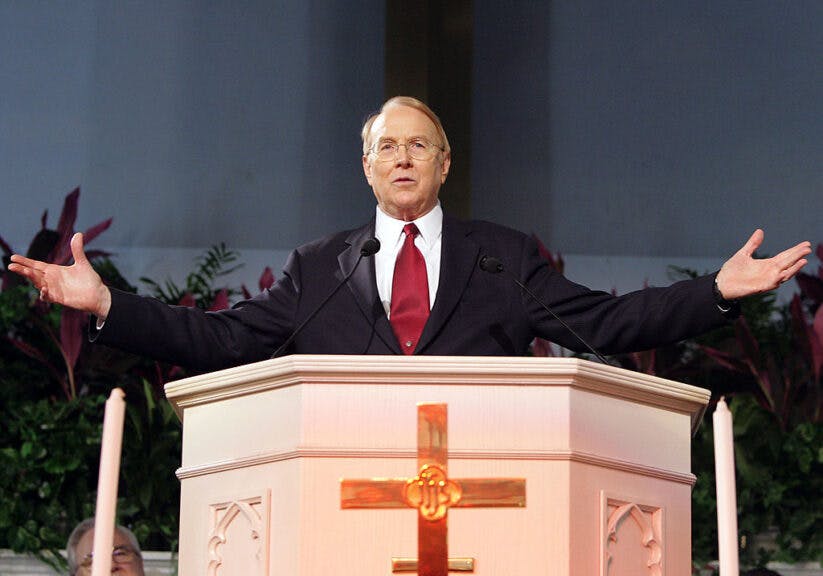
Jeff Fusco/Getty Images
A Shared Legacy
Since their deaths, many of MacArthur and Dobson’s listeners have expressed a measure of fear over what will happen to American Christianity now that the men they viewed as lions of the faith have gone. But Johnson feels that’s a failure to remember what both men taught.
“I understand,” he said, “because it seems like a string of men who we respect and trust, whose voices we want to hear have died. Yet I comfort myself with Christ’s words that he’s going to build his church and the gates of hell are not going to prevail against it. So he’ll raise up new voices and new people with new courage, people who actually are standing on the shoulders of these men. We lament the loss of their voices, but we also understand that all of them believed in the sovereignty of God, that they didn’t die by mistake, and that their time is in God’s hands and their shoes will be filled by someone who maybe we don’t even know yet that the Lord will raise up.”
Their voices may now be silent, but the pastors filling pulpits trained under MacArthur and the activists inspired by Dobson testify that their influence endures.
Originally Published at Daily Wire, Daily Signal, or The Blaze
What's Your Reaction?
 Like
0
Like
0
 Dislike
0
Dislike
0
 Love
0
Love
0
 Funny
0
Funny
0
 Angry
0
Angry
0
 Sad
0
Sad
0
 Wow
0
Wow
0



